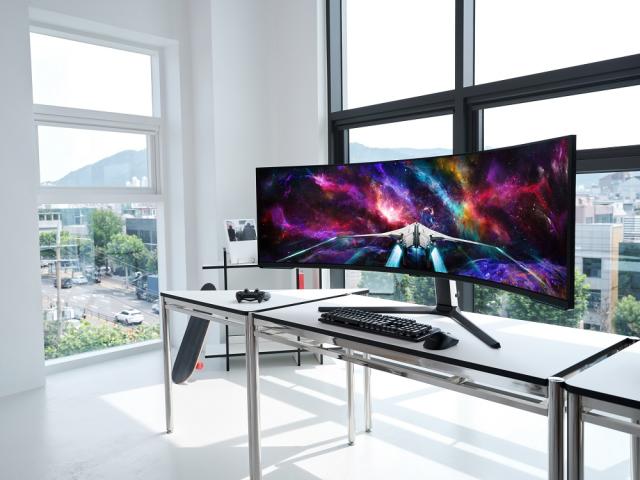In the ever-evolving world of gaming, having the right equipment can make all the difference. A gaming computer that meets your needs can elevate your gaming experience to new heights. If you’re a passionate gamer looking to build the perfect rig without breaking the bank, you’ve come to the right place. In this comprehensive guide, we will explore the components and considerations that go into creating a top-notch gaming computer for under $1500, while keeping SEO-friendly principles in mind.
Why Build a Gaming Computer?
Before we delve into the nitty-gritty details of building a gaming computer, let’s address the question of why you should consider building one in the first place. While pre-built gaming PCs are readily available, there are several compelling reasons to embark on a DIY gaming rig adventure:
- Customization: Building your own gaming PC allows you to handpick each component, ensuring that it perfectly matches your gaming preferences and requirements.
- Cost-Efficiency: Contrary to popular belief, building your gaming computer can often be more cost-effective than purchasing a pre-built one. With careful planning, you can get more bang for your buck.
- Upgradability: DIY gaming rigs are typically easier to upgrade in the future, allowing you to keep your system up-to-date with the latest hardware advancements.
- Learning Experience: Building a gaming computer is an excellent opportunity to learn about computer hardware, which can be a valuable skill for tech enthusiasts.
Now that you understand the advantages of building your gaming PC let’s move on to the essential components and considerations.
Essential Components
1. Processor (CPU)
The CPU is the heart of your gaming computer. For optimal gaming performance under $1500, consider an AMD Ryzen 5 or an Intel Core i5 processor. These mid-range CPUs offer an excellent balance of price and performance.
2. Graphics Card (GPU)
Your choice of GPU significantly impacts gaming visuals. Look for a mid-range GPU like the NVIDIA GeForce GTX 1660 Ti or AMD Radeon RX 5600 XT for smooth gaming at 1080p resolution.
3. Memory (RAM)
For gaming, 16GB of DDR4 RAM is the sweet spot. It ensures smooth multitasking while gaming and allows for future upgrades if needed.
4. Storage
Opt for a combination of a fast SSD (Solid State Drive) for your operating system and frequently played games and a larger HDD (Hard Disk Drive) for additional storage. This balance provides both speed and capacity.
5. Motherboard
Select a motherboard that’s compatible with your CPU and offers room for future upgrades. Look for features like M.2 slots, USB ports, and Wi-Fi if needed.
6. Power Supply (PSU)
Choose a reliable PSU with enough wattage to support your components comfortably. Ensure it’s 80 PLUS certified for efficiency.
7. Cooling
While the stock CPU cooler may suffice, an aftermarket CPU cooler can help maintain lower temperatures and quieter operation.
8. Case
Opt for a case that accommodates your components and allows for proper airflow. Aesthetics are important too, so choose one that suits your style.

Considerations
1. Budget Allocation
Allocate your budget wisely, focusing on the CPU and GPU as they have the most significant impact on gaming performance.
2. Compatibility
Ensure that all your components are compatible with each other and fit within your chosen case.
3. Future-Proofing
Consider components that allow for future upgrades to extend the lifespan of your gaming rig.
4. Aesthetics
While not directly related to performance, the aesthetics of your gaming PC can enhance your overall gaming experience.
Building Your Gaming Computer
Building a gaming computer may seem daunting, but there are countless online tutorials and resources to guide you through the process. Take your time, follow instructions carefully, and enjoy the rewarding experience of assembling your gaming rig.
Conclusion
In conclusion, building a gaming computer under $1500 is an achievable and rewarding endeavor. By carefully selecting the right components and considering future upgrades, you can create a gaming powerhouse that caters to your unique preferences. Whether you’re into high-speed FPS games or immersive open-world adventures, the right gaming PC will undoubtedly elevate your gaming experience. Feel free to visit The Silicon Review to find more useful tips and information about gaming.
